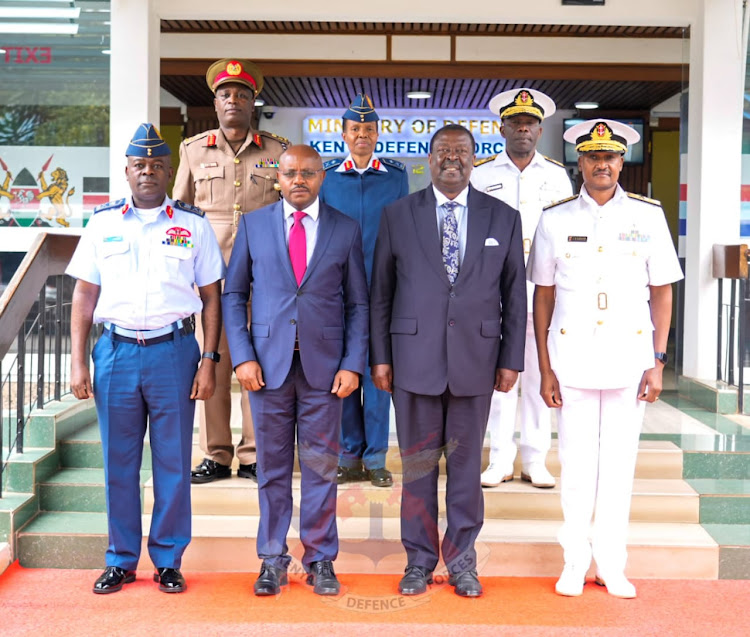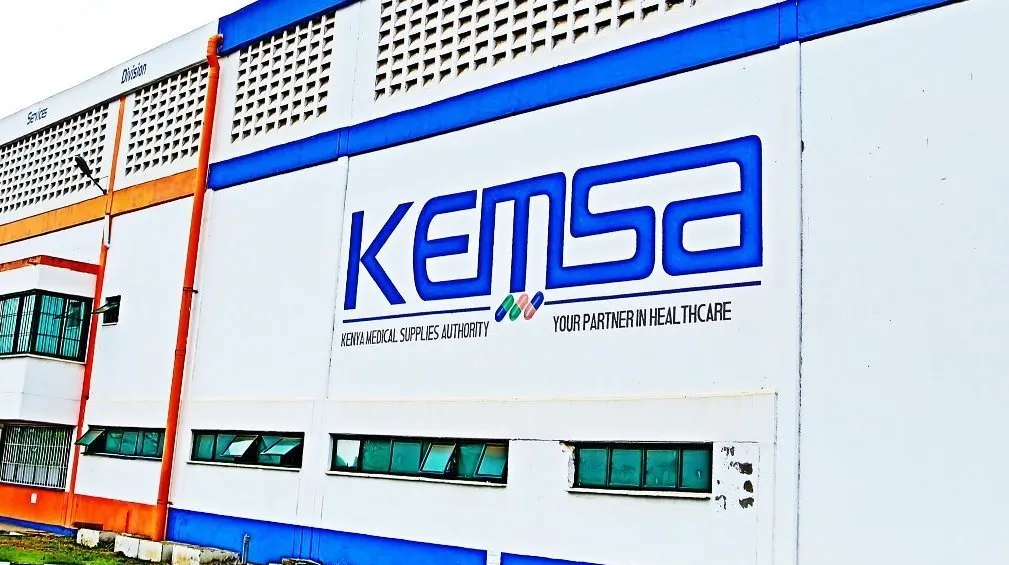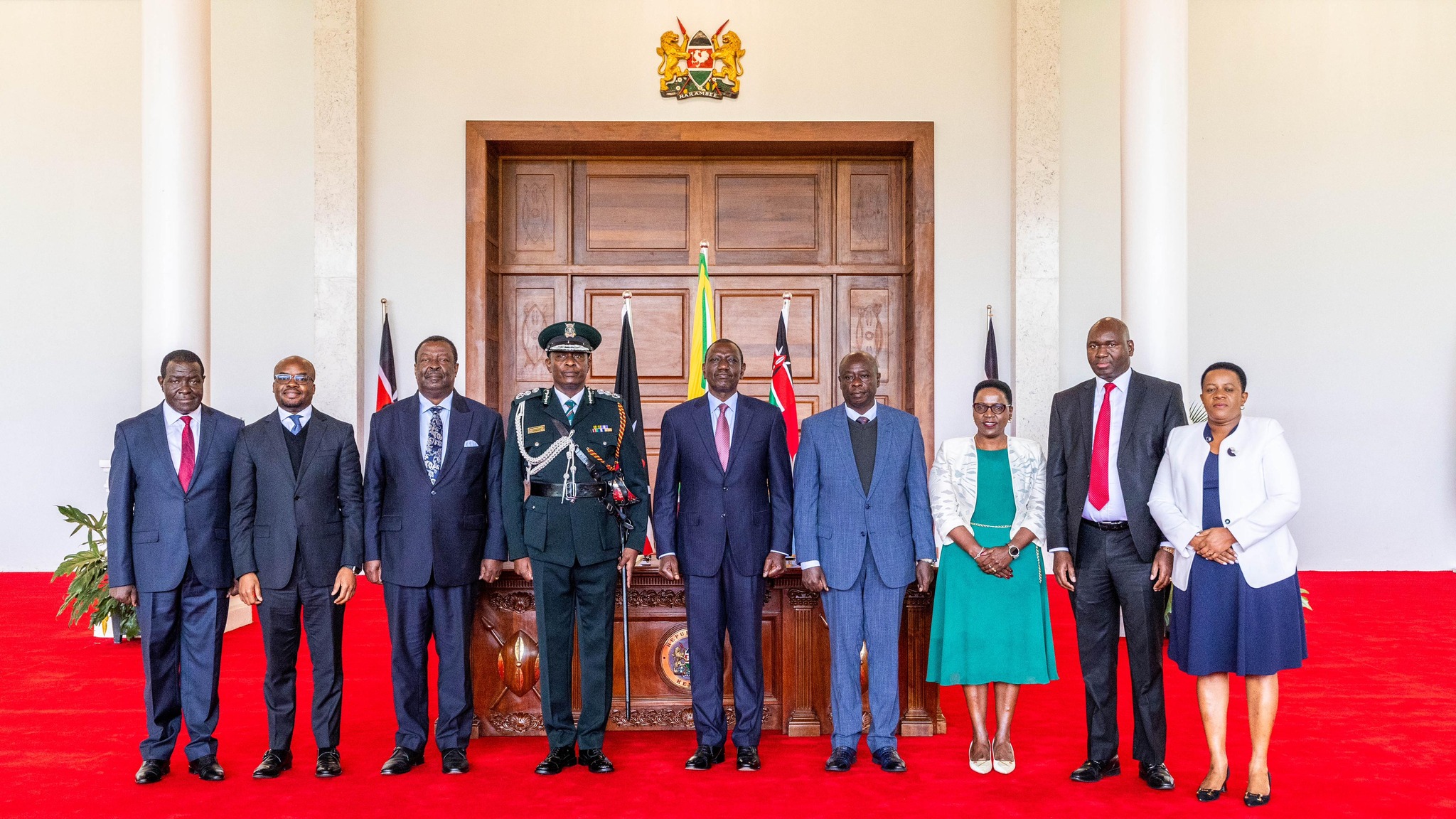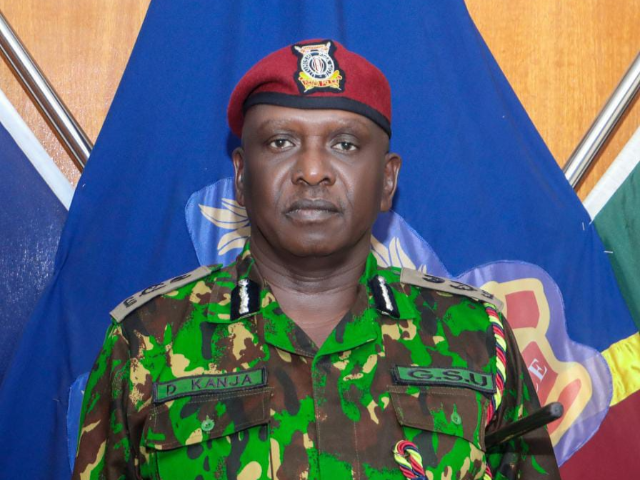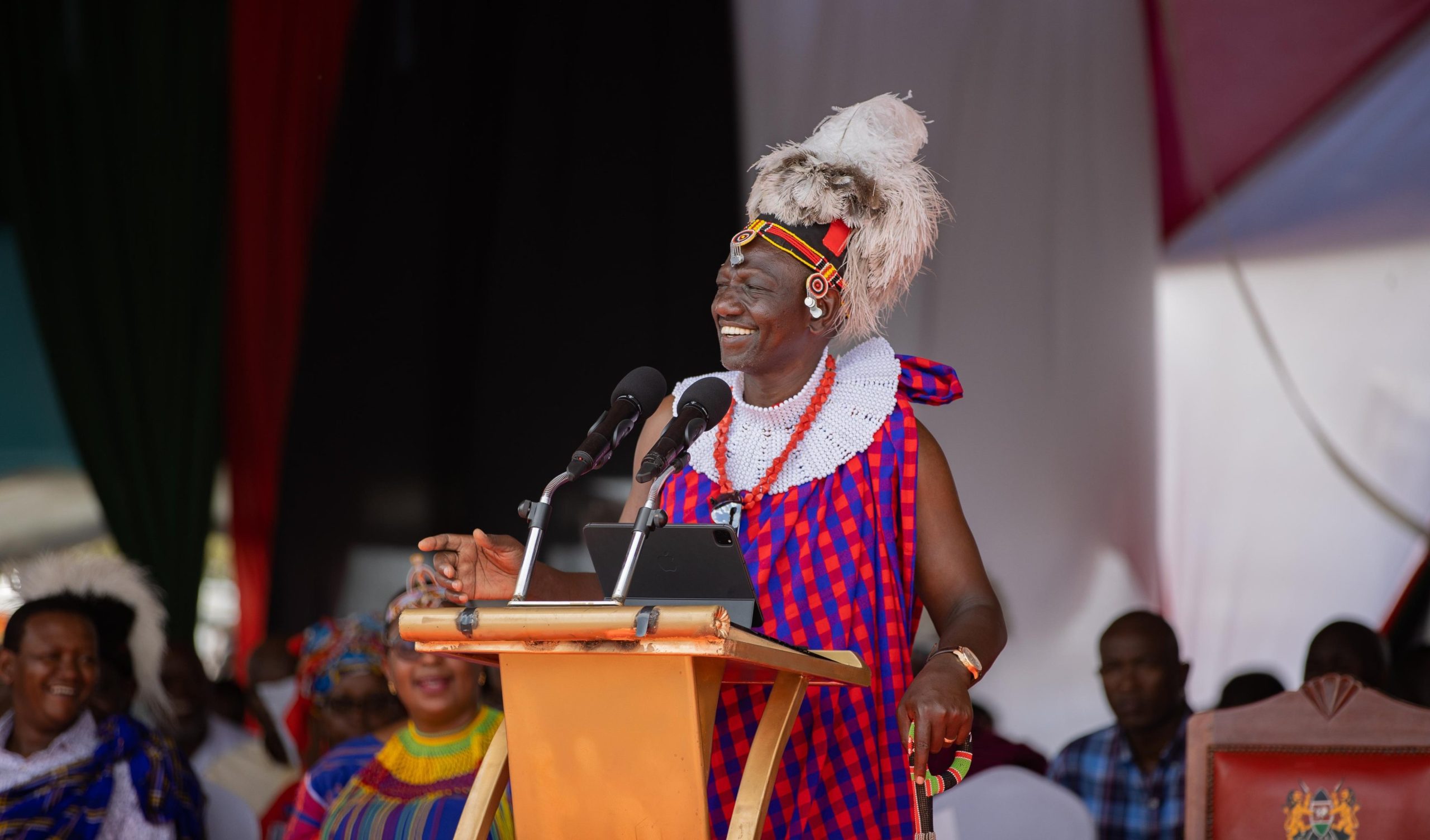
In a bid to harness Kenya’s rich cultural heritage, President William Ruto has set in motion a robust institutional framework aimed at preserving and leveraging the nation’s diverse traditions. Emphasizing the significance of these cultural assets, President Ruto believes they will play a critical role in fostering national cohesion and sparking economic development.
One of the primary objectives is to stimulate cultural industries, promote the creative economy, and boost tourism. By capitalizing on the country’s vibrant cultural tapestry, this initiative also seeks to create a myriad of opportunities for Kenya’s youth.
To realize this vision, the government has already begun the implementation of vital legislative bills. The recently approved Culture Bill is at the forefront of these efforts. Additionally, there are forthcoming bills such as the Creative Economy Framework, the National Kiswahili Council of Kenya Bill, the Kenya Film Bill, and the National Heritage and Museums Bill.
These legislative actions underscore the government’s commitment to nurturing the creative and cultural sectors, recognizing them as promising drivers of transformation and employment generation.
President Ruto’s announcement came during the vibrant Turkana Cultural and Tourism Festival (Tobong’u Lore) held in Lodwar town, which united communities from South Sudan, Uganda, and Ethiopia. The event not only celebrated culture but also contributed to peace, regional integration, and cooperation.
Furthermore, President Ruto pledged a substantial investment of Ksh 800 million to bolster electricity connectivity in Turkana County, a move intended to stimulate economic growth. He also highlighted the critical role of the National Police Reserve (NPR) in maintaining regional security.


